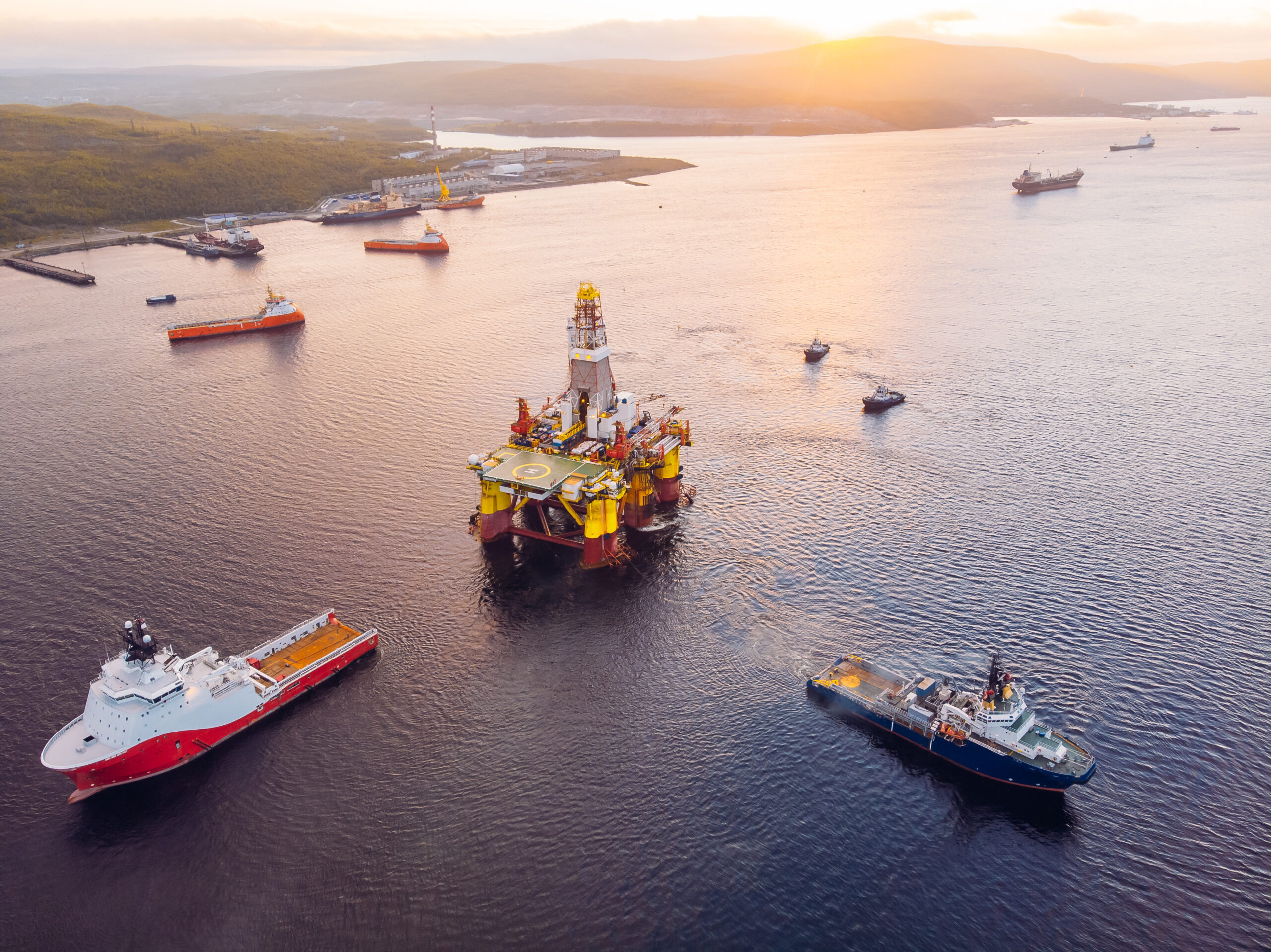UK offshore oil and gas cuts up exposure to imports
Some remain critical of proposals to promote domestic production of UK offshore oil and gas to meet energy needs.

Over 90% of the UK’s offshore oil and gas operators are cutting back investments due to windfall taxes introduced in recent years amid the bullish turn in energy prices, with about half a billion barrels of oil equivalent either being removed, or less likely to be produced, because of the challenging regulatory environment, industry body Offshore Energies UK (OEUK) said in a report issued on March 27.
The trade body argued that this is exposing the country to more energy dependence on oil and gas imports, amid declining UK offshore oil and gas production while at the same time overall reliance on oil and gas has increased.
The UK got 76% of its total energy from oil and gas in 2022, rising 1% year on year.
Total UK energy consumption was around 170 million tonnes of oil equivalent (mtoe) in 2022.
Domestic oil and gas production totalled 500 million barrels of oil equivalent in 2022, amid a progressing downward trend since 2018 due to falling investments and regulatory delays, OEUK said.
Continued lack of investment could lead to overall production falling by as much as 15% a year by 2030, with output in 10 years declining by 80% compared to now, according to the report.
The Energy Profits Levy was introduced in 2022 bringing taxation on oil and gas profits to 75%.
The UK government said it would utilise the revenues from windfall taxes to fund measures aimed at easing the burden of spiralling energy costs on households, meaning proposals to remove the tax would pose the additional challenge of finding alternative funding to these measures.
However “the government is one of the biggest beneficiaries of companies earning profits, regardless of windfall taxes, and this money should be used to deliver economic growth and support consumers,” Francesca Bell, OEUK’s fiscal and investor relations manager, told Gas Outlook.
Despite concerns raised by the report, environmental organizations remain critical of proposals to promote domestic production of hydrocarbons to meet energy needs.
“Doubling down on domestic oil and gas production is not the solution to long-term energy security,” Tessa Khan, executive director of Uplift, an organization that lobbies for a fossil fuel-free Britain, told Gas Outlook.
“More North Sea oil and gas does not equate to more or cheaper oil and gas for the UK public since 80% of the oil produced in the North Sea is exported and sold overseas, and we don’t control the price we pay for it,” she said.
“At certain points in this last year renewable energy was around nine times cheaper than oil and gas as a source of electricity” representing “an opportunity to secure cheaper, cleaner energy and rely less on imports.”
Moreover, environmentalists argue that boosting domestic production through new oil and gas licensing would lock in future fossil fuels dependence.
“The future will be powered by increasingly low carbon energies such as offshore wind, hydrogen and solar. Reducing energy use by insulating homes is essential and carbon capture and storage will be vital to reaching net zero, especially as it will underpin the growth of the mass hydrogen production industry,” Ross Dornan, OEUK’s markets intelligence manager, told Gas Outlook.
“However, building these future industries will take many years, and progress on cutting the use of oil and gas is slower than it needs to be,” he said.
“Oil and gas still supply 76% of the UK’s total energy so, while we build that future, there is no simple choice between oil and gas on the one hand and renewables on the other.”
“The reality is that to keep the lights on and grow our economy, we need both.”
By the mid-2030s, according to the Climate Change Committee, oil and gas will still provide half our energy needs,” he continued.
“We should be aiming to get as much as possible of that energy from our own resources – meaning the North Sea and other UK waters – rather than spending billions of pounds on imports.”
“Continued licensing is an important part of this.”
Furthermore, while OEUK’s member companies are planning to invest £30 billion by 2030 in offshore wind projects amid targets to reach 50GW by 2030 against 14GW currently installed, the sector is weighed by long planning consent and grid connection processes as well as financial uncertainties linked to windfall taxes, OEUK said.
The Energy Generator Levy a 45% windfall tax imposed on larger renewable power providers for the next five years has “significantly damaged investor confidence” in the UK market, said the report, adding that “overall, it is taking about a decade to consent and build some projects, which is far too long.”
